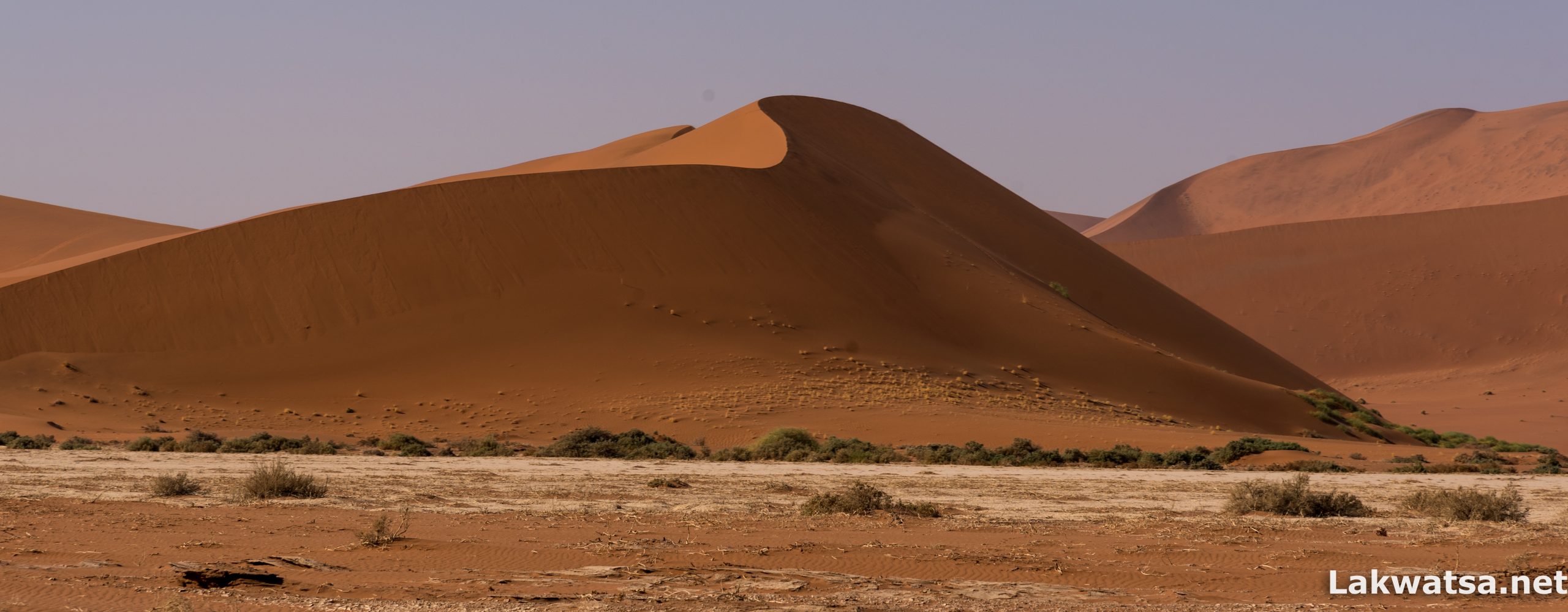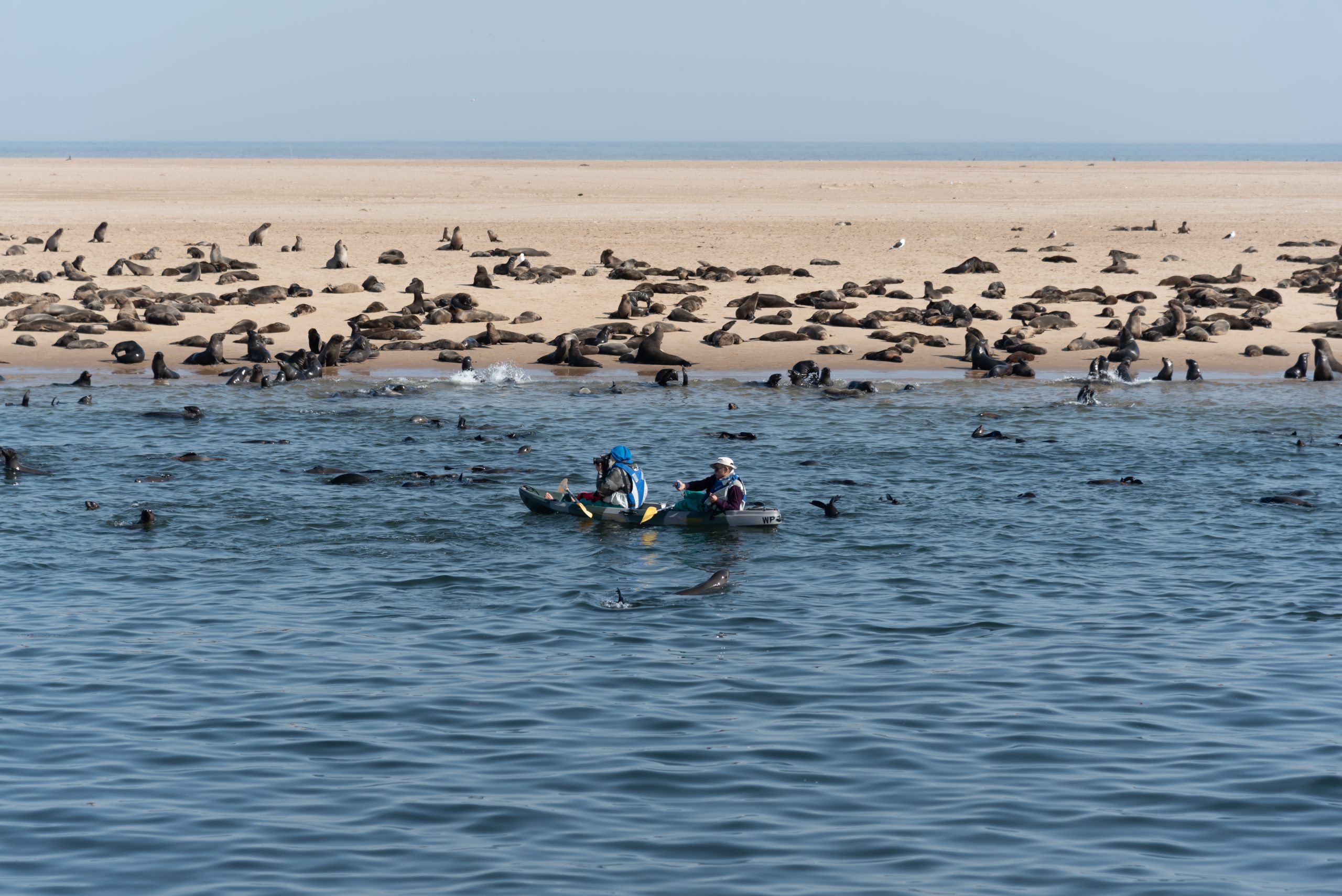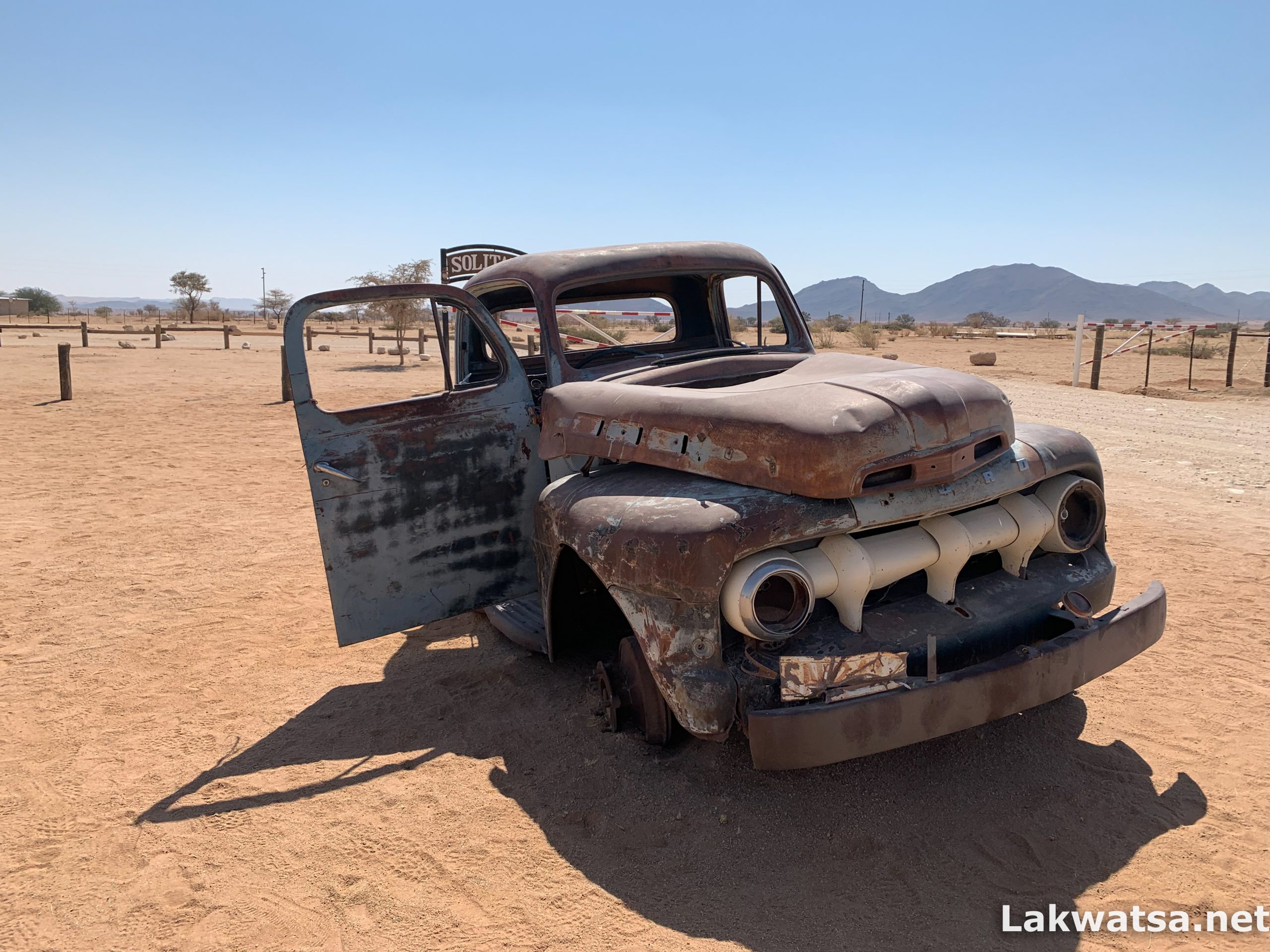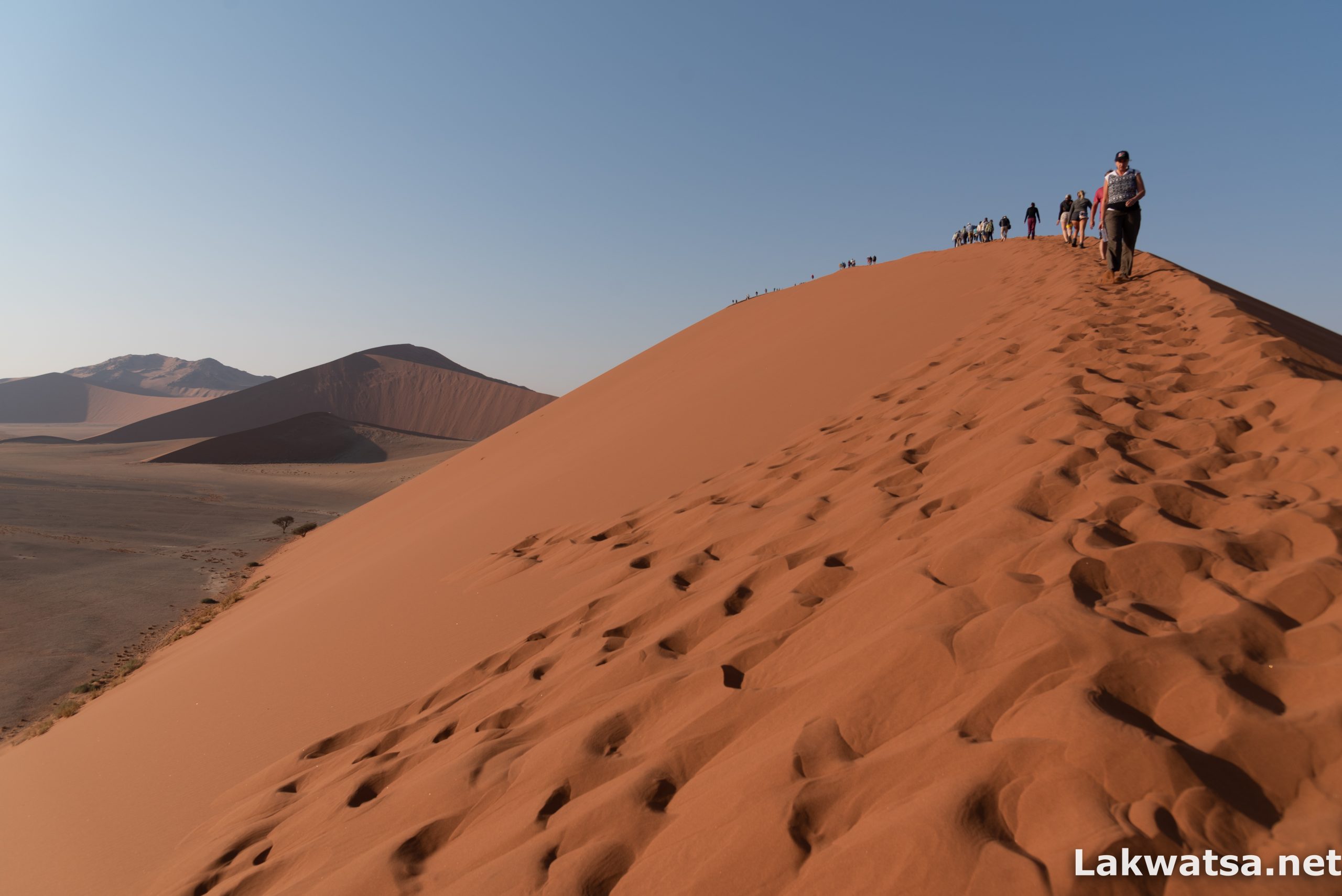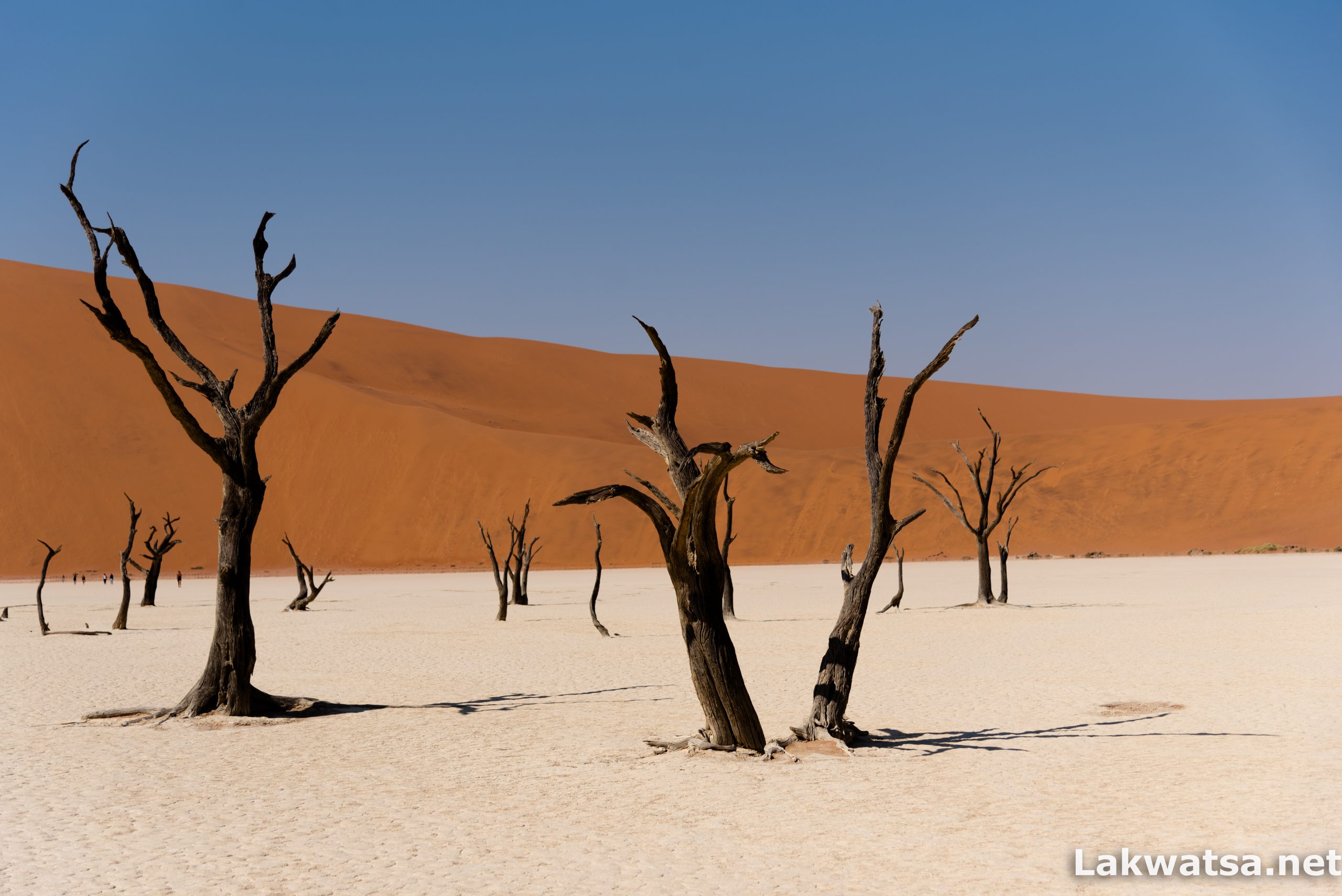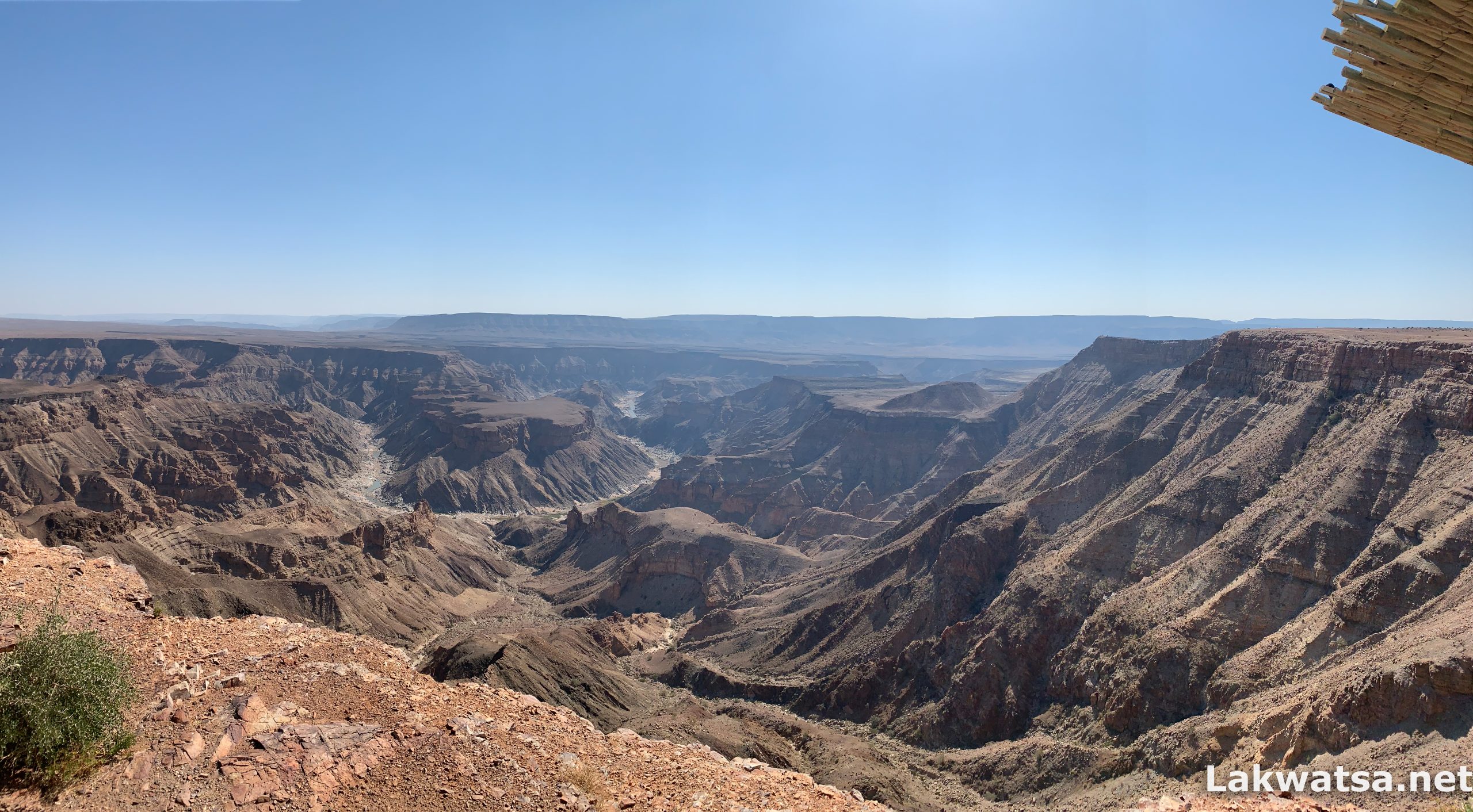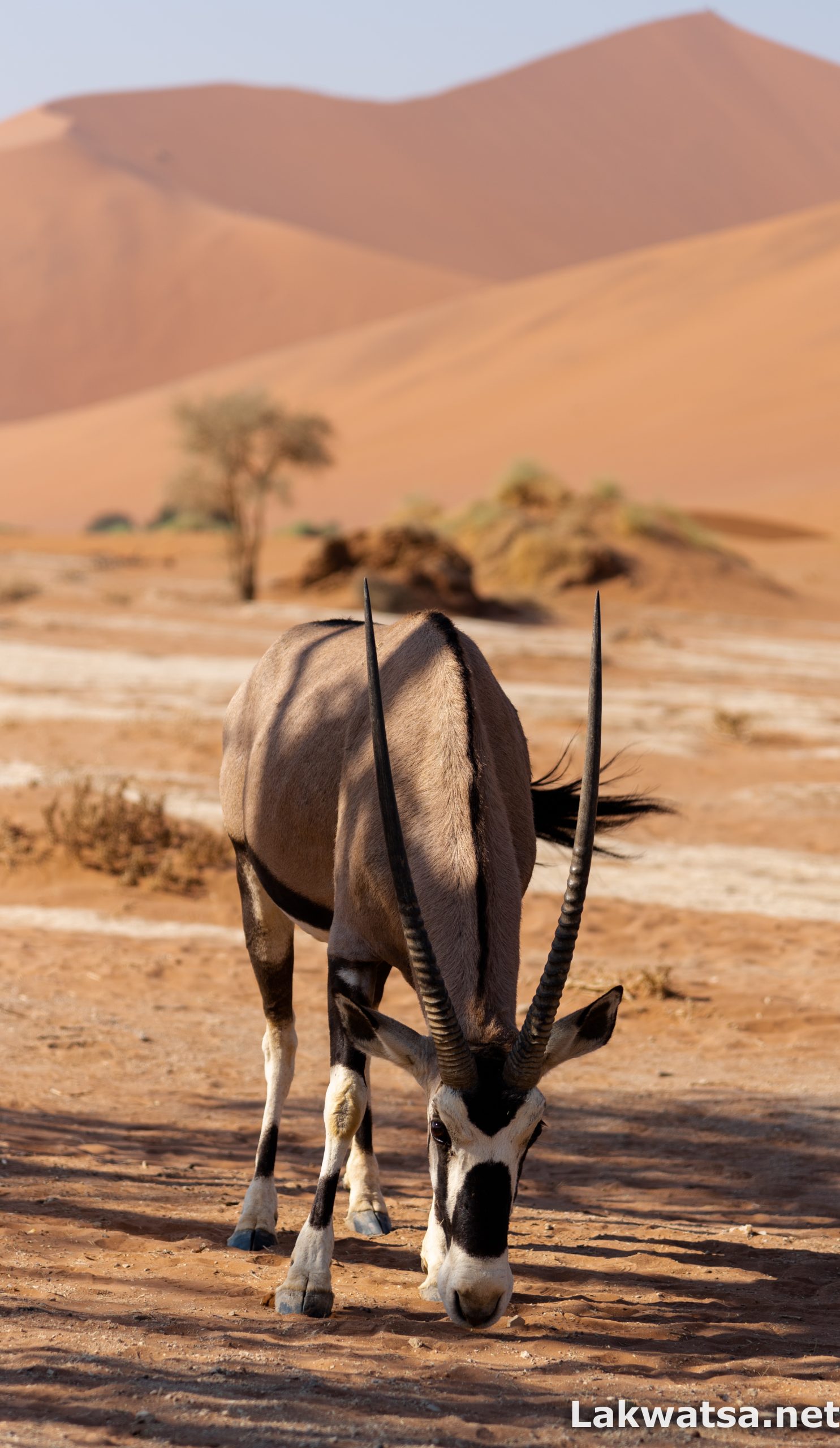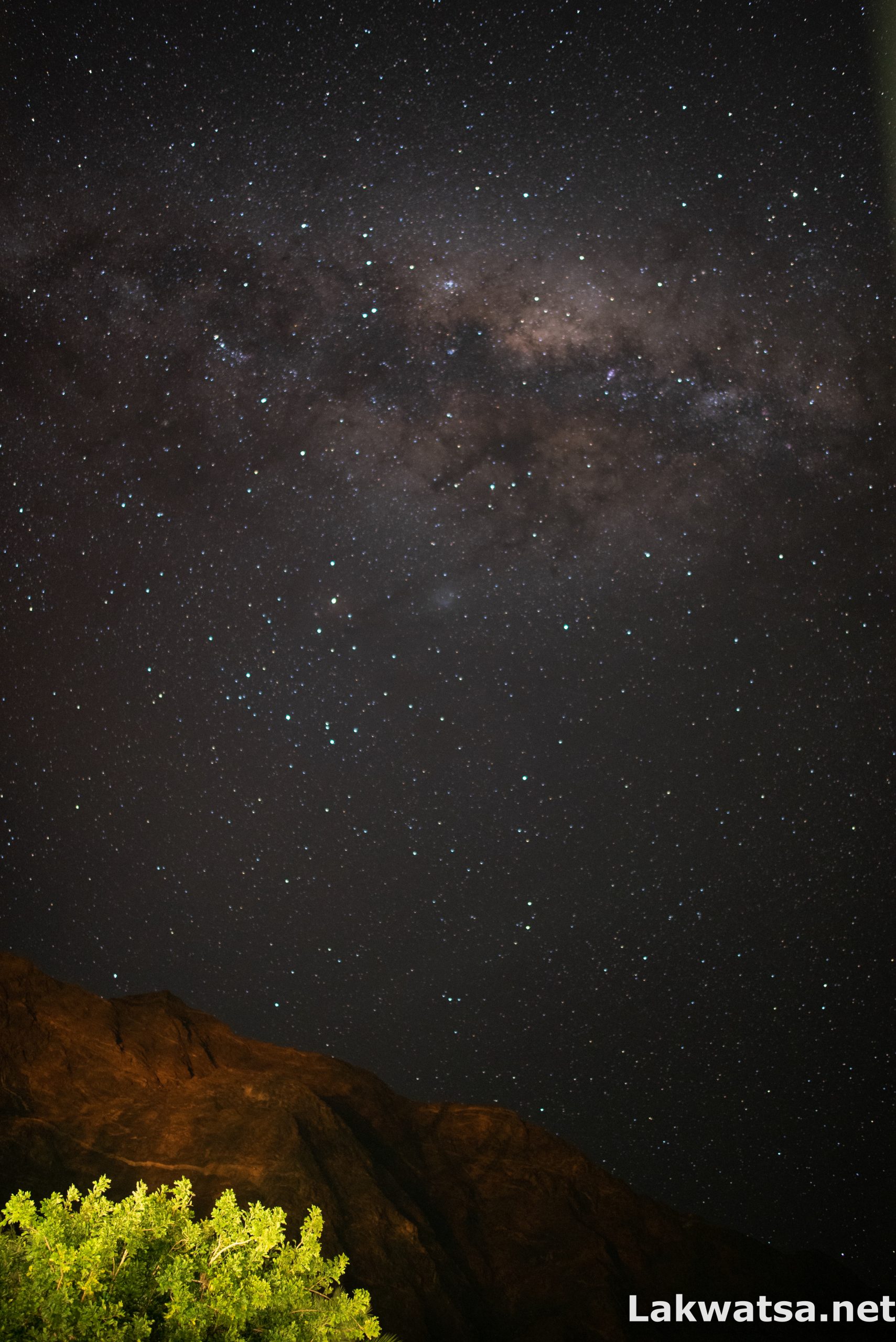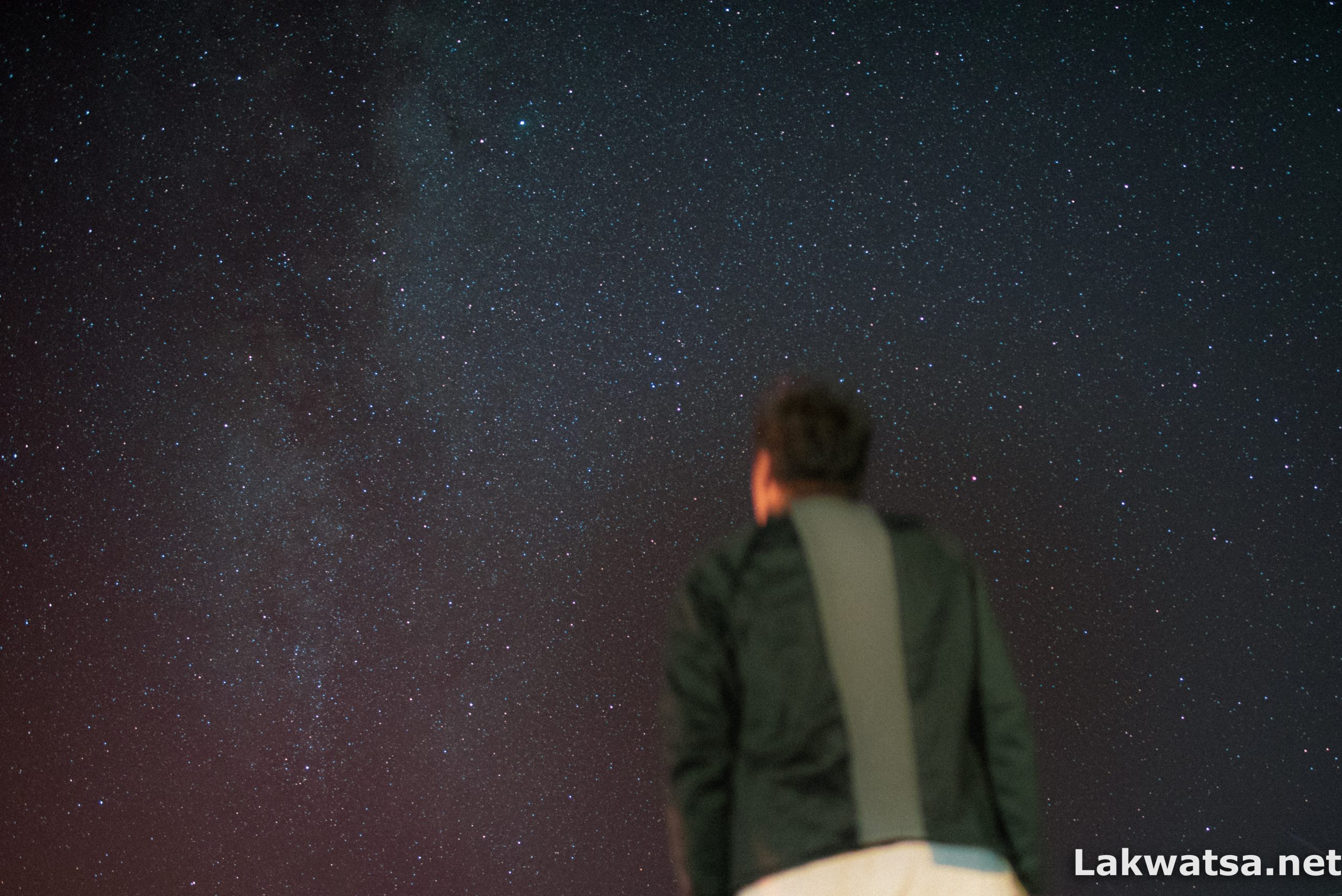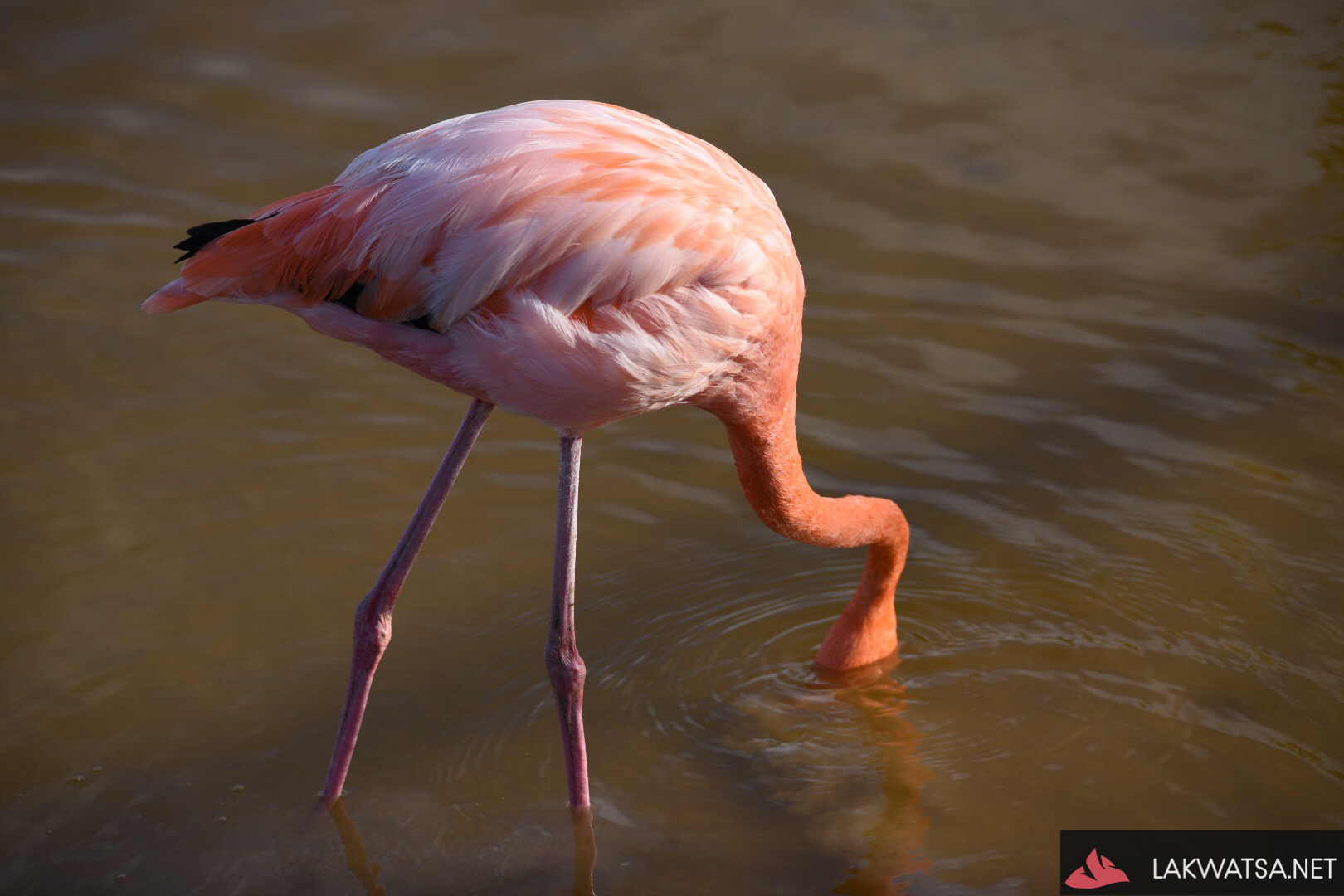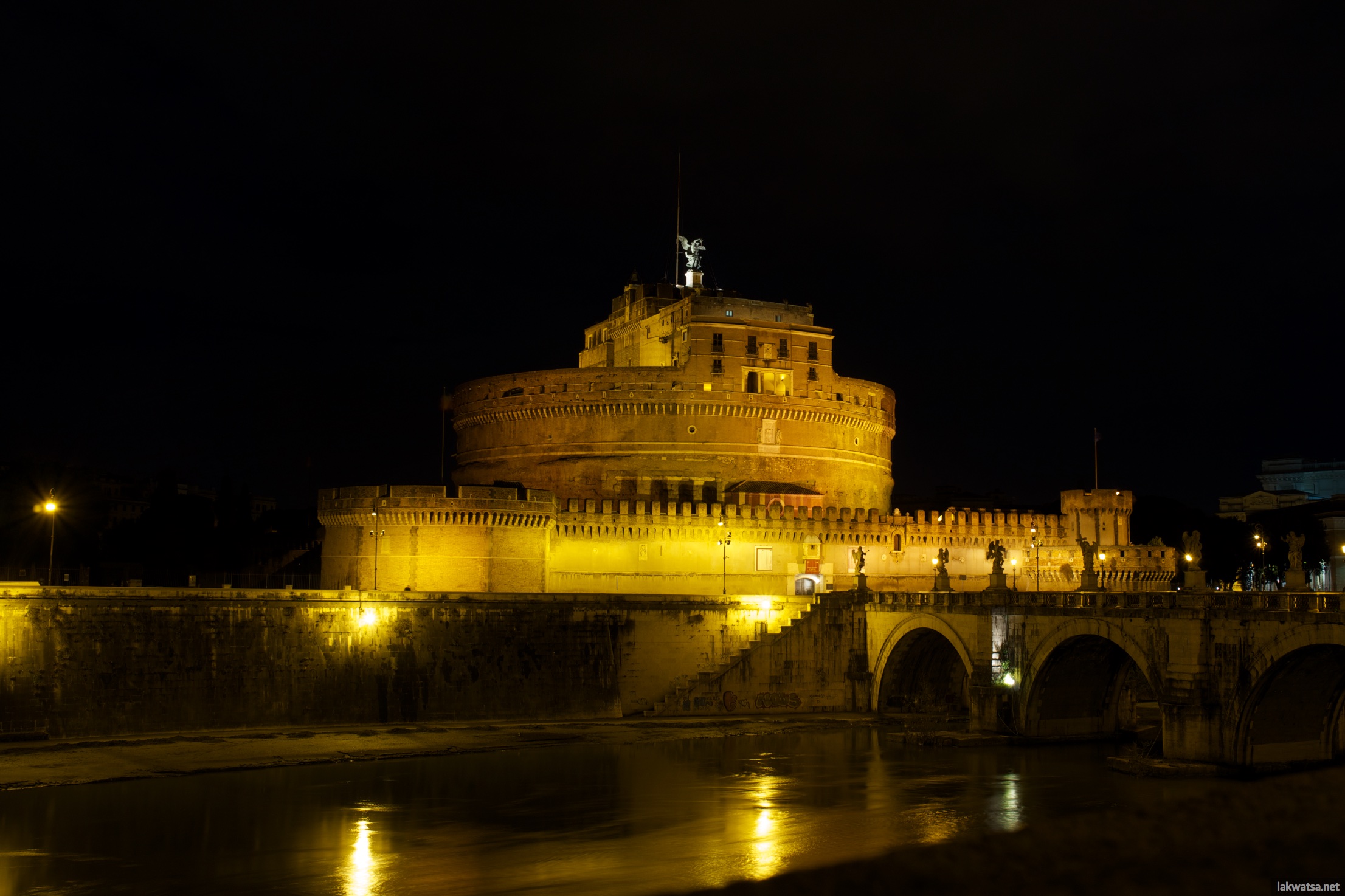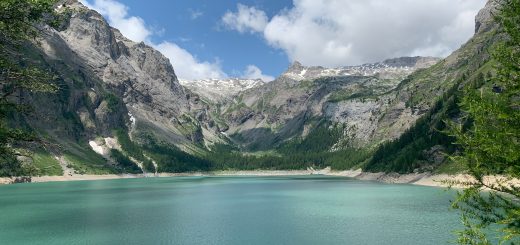Namibia and the wonders of visiting deserts
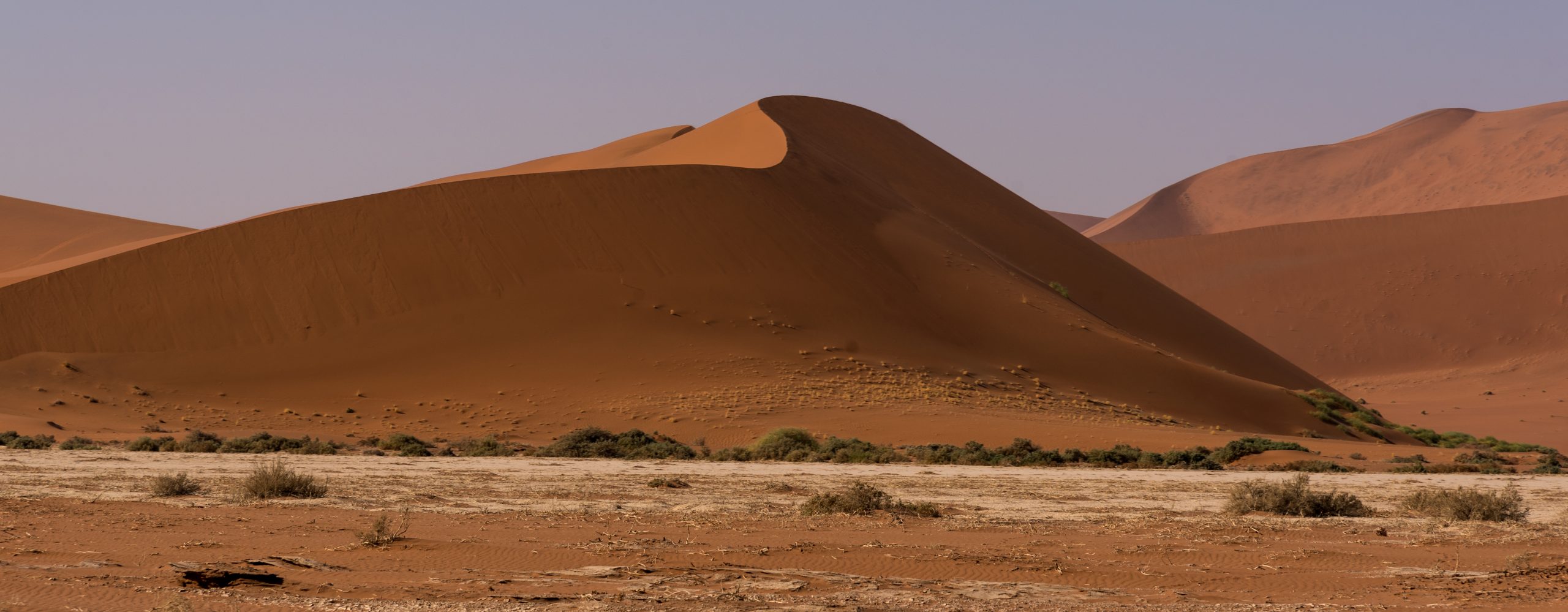
After flying by the Kalahari Desert, North-West, towards Windhoek, Namibia, I could not help noticing a dry river bed weaving a curved path across the expanse of vast barren lands. Shrubs mark the sinuous curve and, so I reckoned there is water beneath the ground, which is why I thought that the destination is close. The city of Windhoek lies East of the Namib desert in the Central Plateau of Namibia. 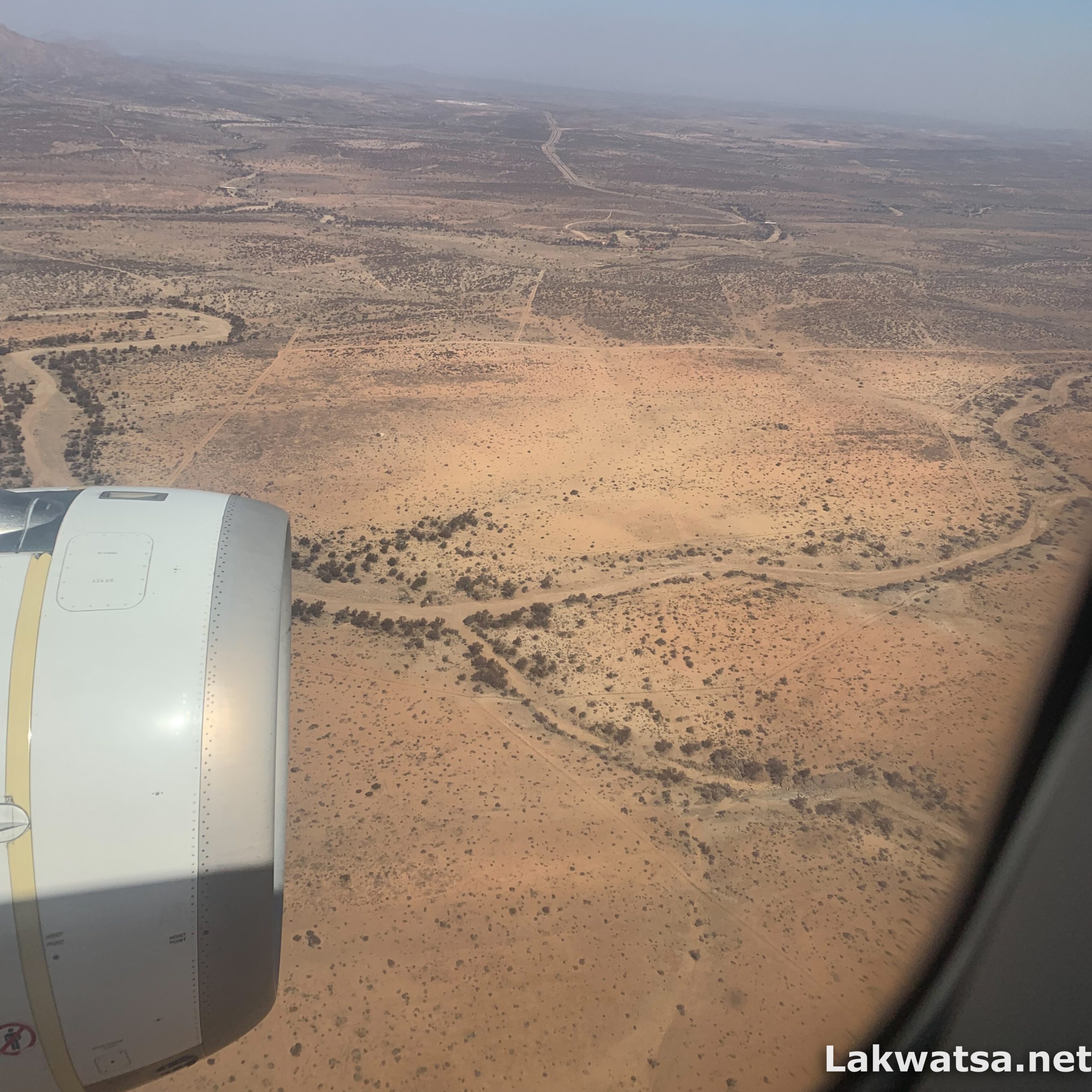
The Namib Desert stretches from the South of Angola, across the coastal plains of Namibia, down to the Olifants River in South Africa. It is so vast that Namibia owes its name to this Great Desert. The Desert punctuates everyone’s lives in the country. As soon as I arrived, my first discussion with a local was about the diminishing water source due to scarce rains.
To the Namib Desert
We drove West towards the town of Swakopmund, which is smack in the middle of the Namib desert. It is one of the dryest places on Earth, and yet from time to time, you see numerous people selling craftworks, on the side of the road, in the middle of nowhere. As we got close to the coast, a towering fog became visible on the horizon, and what a sight it was! This desert fog takes its source from the Ocean and groundwater, and as droplets form on sand and stones within the mist, it becomes a lifeline for many living beings. 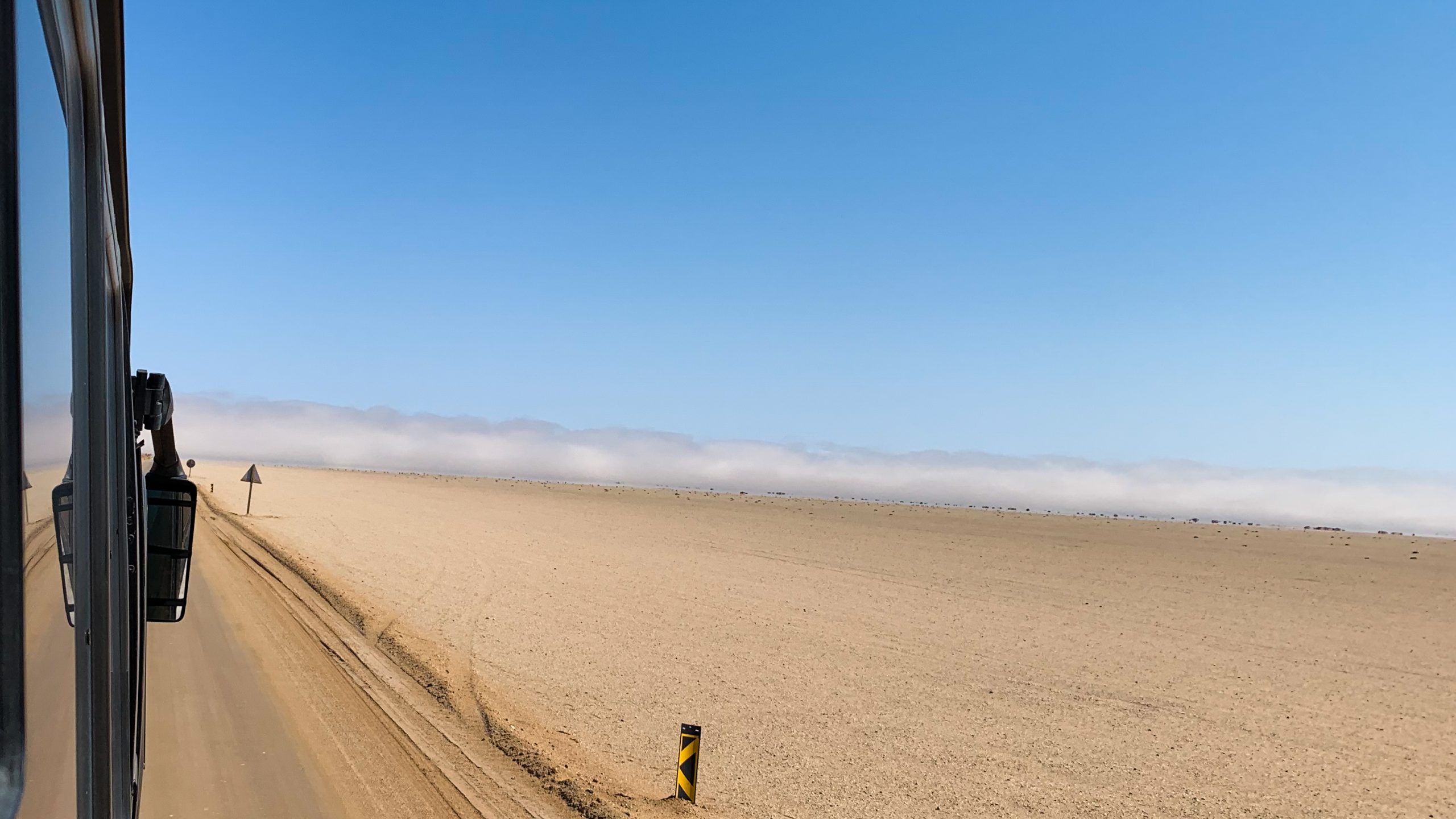
Swakopmund
Swakopmund used to be a German outpost in South West Africa, and its architecture stands tall in its legacy. Case in point, the half-timbered Woermanhau, with its second floor adorned with wood planks in checkered patterns or the numerous sign-posts in Gothic font. Though to me, German as a spoken language did not take roots in Swakopmund. Today, the city has come to represent the adventure capital of Namibia. So it is that I was looking forward to Skydive for the first time in this town, but my luck was short as it was too windy when it was my turn to Skydive. The day after, I consoled myself with a visit of the seal colony at Pelican Point in Walvis Bay, a few miles south of Swakopmund. 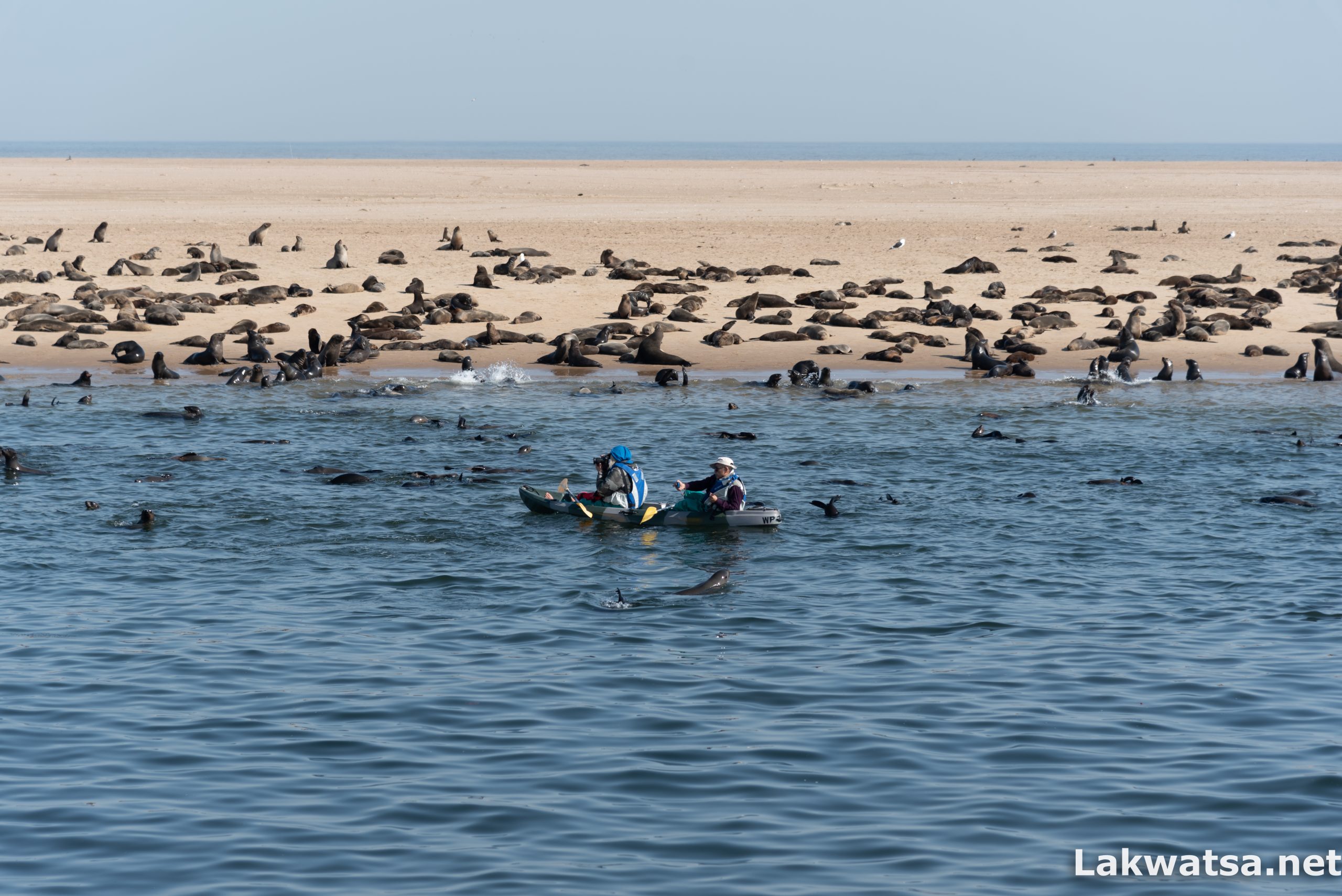
Solitaire
Somewhere between Walvis bay and Sossusvlei lies Solitaire, one of the only gas stations between these places and arguably the best apple pie in Namibia. But if you ask me, Solitaire is worth the visit because of the graveyard of 1950s cars with a desert backdrop, which instantly reminded me of being in the “Baghdad Cafe” movie.

Sossusvlei and Deadvlei
No visit to Namibia is complete without seeing Sossuvlei and Deadvlei. More often than not, the flagship cover of any tourist guide would show a picture of either one of them. The Dunes in Sossusvlei are among the highest in the world, and they are characterized by their vivid red color, due to their high iron content.



Fish River Canyon
The Fish river canyon is the largest in Africa; I venture to say it is the second largest in the World, after the Grand Canyon in the United States. Having just seen Sossusvlei, I could not stop thinking about how rich Namibia in terms of diversity despite most of its desert-laden lands.

Astrophotography
As the second country with the lowest population density in the World, with hardly any rain year-round. Namibia is a paradise for those in search of skies free of light pollution. Visiting the country guarantees you of taking a Milky Way Galaxy picture, given the right lenses and camera settings.

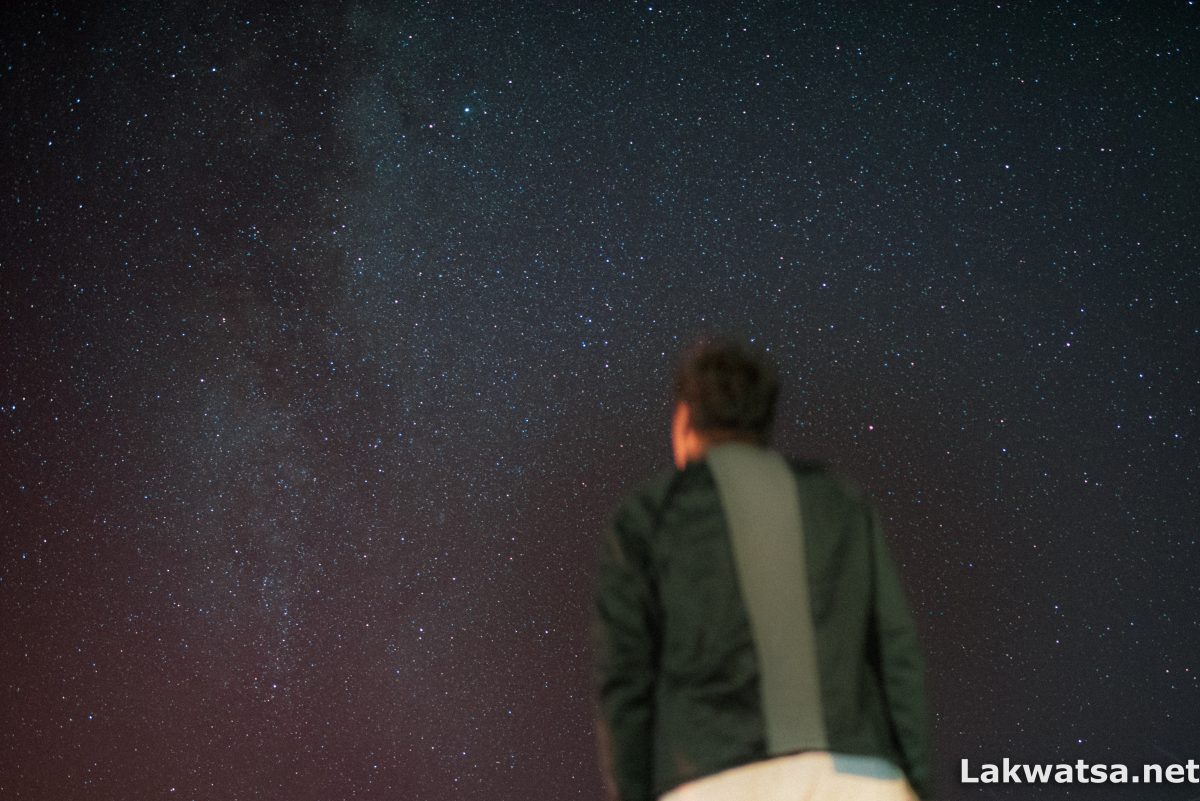
If you ask me Deserts are top destinations!

